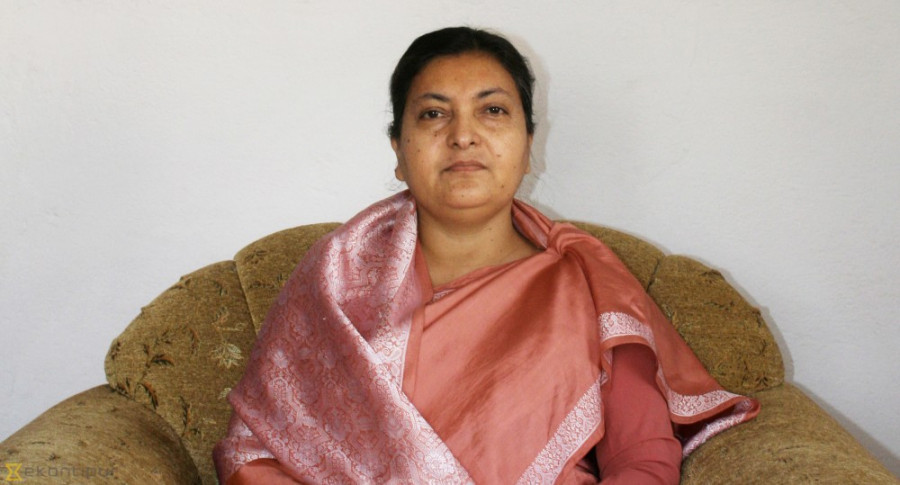Politics
In what experts say violation of constitution, government recommends new process to form a new government
President calls on parties to stake claim to a new government as per Article 76 (5), even as Oli is legit prime minister. His vote of confidence is pending and he has not resigned yet.
Anil Giri
In what has been described by experts on constitutional affairs as an unconstitutional move, the President has given parties to form a new government under Article 76 (5).
A statement from the Office of the President says the President calls upon parties to stake claim to the government by Friday 5:00 pm to form a new government as per Article 76 (5), as per the recommendation of the government.
The government has requested to pave the way for the formation of a new government by invoking Article 76 (5) saying that there is little prospect of this government securing a vote of confidence in the House, reads the statement.
After losing a trust vote on May 10, Oli was appointed prime minister under Article 76 (3) as the leader of the party with the highest number of members in the House of Representatives on May 13. Oli’s reappointment was possible after the opposition parties failed to stake claim to the government under Article 76 (2) within the deadline of 9pm on May 13 set by the President.
As per constitutional provisions, Oli needed to secure a vote of confidence in the House by June 14.
Experts say the Oli government and the President both have violated the constitution.
“If that is the recommendation, it goes beyond the norms of the parliamentary system. The prime minister should resign to complete the course before recommending the government formation under any other article of the constitution,” Bipin Adhikari, former dean of Kathmandu University School of Law, told the Post.
Article 76 (5) is invoked only when the prime minister elected under Article 76 (3) fails the confidence vote in the House.
Article 76 (5) says in cases where the prime minister appointed under Article 76 (3) fails to obtain a vote of confidence and any member presents a ground on which he or she can obtain a vote of confidence in the House, the President shall appoint such member as the prime minister.
Article 76 (5), in essence, is an extension of Article 76 (2).
Article 76 (2) says in cases where no party has a clear majority in the House, the President shall appoint as the prime minister a member of the House who can command majority with the support of two or more parties in the House.
Oli’s decision “to pave the way for the formation of a new government” comes on the heels of the Janata Samajbadi Party’s decision that it would rather seek to form a government under its own leadership. The decision meant it was not going to support Oli in his confidence vote. That would have resulted in the fall of the Oli government, thereby prompting the President to invoke Article 76 (5).
But Oli has overridden the constitutional process by asking the President to invoke Article 76 (5).
The article, according to experts, would have been automatically invoked after Oli failed the confidence vote or resigned.
“Government formation is a process which is Parliament’s prerogative, not something which a Cabinet decides. The Cabinet cannot make a choice on this,” said Adhikari. “The government cannot make a request to the President to skip any step without completing the due constitutional process.”




 13.16°C Kathmandu
13.16°C Kathmandu














